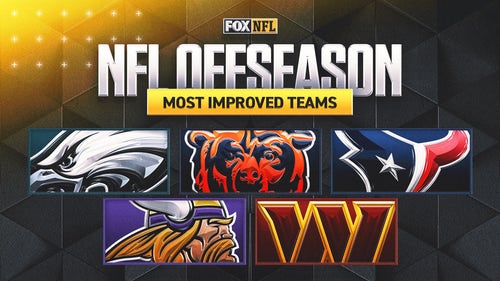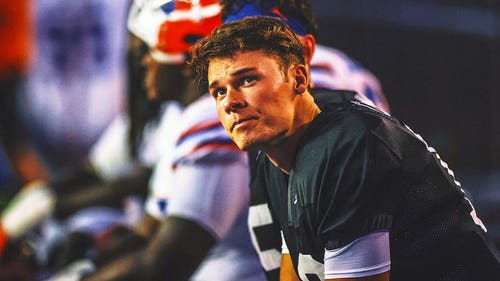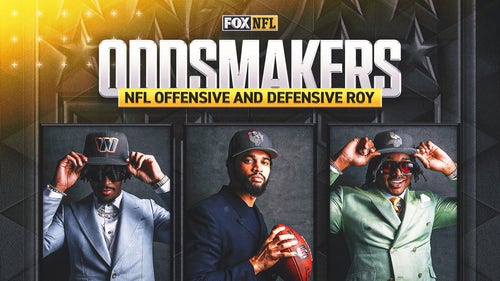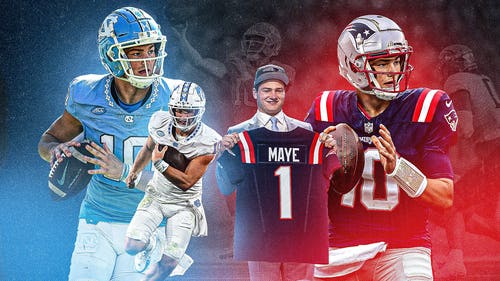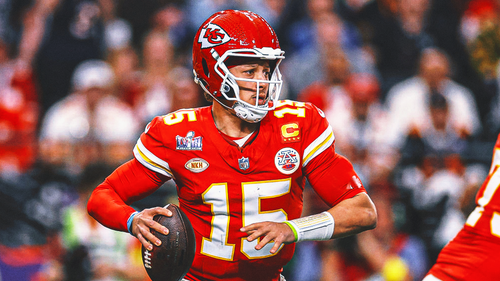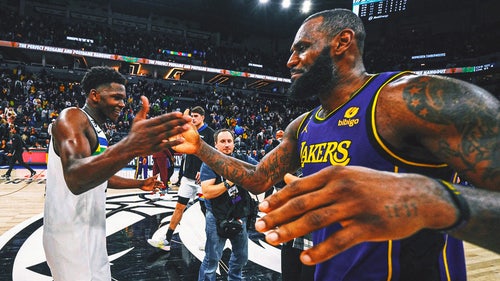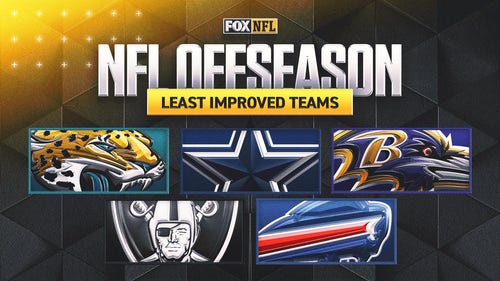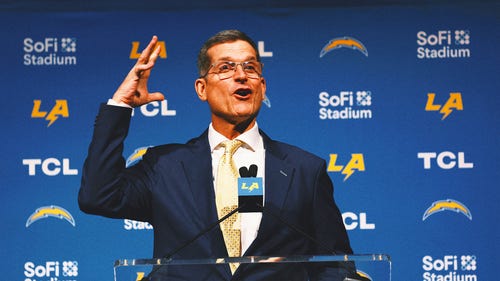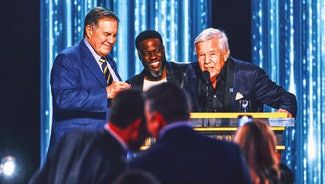
Will owners make NFL gay-friendly?
It was only a short video amid what, at that time, was a cacophony of them. But it seemed hopeful nonetheless; a couple of San Francisco 49ers players joining the movement, reaching out to gay youth and saying, “Don’t give up. It gets better.”
Too bad it was a lie.
It gets worse, as it turns out. Way worse, if you happen to be gay and good enough to play in the NFL. Because contrary to the league’s talk of tolerance and a video (which a few 49ers awkwardly tried to disassociate with at the Super Bowl) and coerced politically correct statements, the NFL does not want gay people in its midst.
How else do you explain the NFL Scouting Combine question: Are you gay?
The question implies being gay is just as dangerous to a team’s investment as, say, an interest in a cache of semi-automatic weapons, or a history of violence against women, or steroid use, or concussion history. And this baffles me. What are they trying to protect? Their ability to call one another “faggot” in the locker room? Keeping post-game parties girl-boy? Fear of the unknown?
The NFL is not ready for its first openly gay player and, if we wait for it to be, we will wait forever. If it is going to get better, really get better for gay football players and, as a result, gay youth everywhere, the NFL needs an owner to take this up as a cause.
What the NFL desperately needs is a Branch Rickey.
This is not a job for NFL commissioner Roger Goodell, though his support is necessary. This is going to require a forward-thinking owner to say, “I want tolerance, acceptance and integration” as part of my legacy much like Rickey did when as general manager of the Brooklyn Dodgers he kick-started the integration of baseball. I have been thinking about Rickey a lot as the Jackie Robinson movie gets ready to be released in April.
I say this not to imply Rickey was anything more than the catalyst. There is no doubt who the hero of the story is; the African-American player who shouldered all of the abuse, the loneliness, the pain to help successfully integrate major league baseball. Robinson did the heavy lifting, being better than good enough and more patient than possible.
What Robinson could not do was give himself the platform and what ultimately boiled down to a chance to change what was available for African-American players like him. This was Rickey. What always intrigued me about him and really human beings in general is what motivates us to do the hard thing when the other way, to go along, is so damn easy.
The story is rarely as easy or as altruistic as we like to make it. We all like personal rewards for doing the right thing, and for Rickey this was having his legacy imbued with integrating baseball. This does not deter from what he helped bring about — which was a chance for previously disenfranchised African-Americans to play baseball. The trickle down was even greater; just ask men of a certain age what Jackie Robinson meant to them, and you hear about hope and possibility and a belief it would get better.
This is what gay youth so desperately need now. The It Gets Better campaign is not about gay rights or gay marriage or all of the other facets of what should be a simple discussion on how we treat our fellow human beings. It came about because young gay girls and boys were deciding, in alarming numbers, that taking their own lives was preferable to another day of being bullied, of being forced to lie about who they are, of being made to feel that who they are is wrong or sinful or immoral, of living another day in this much pain.
These kids need a Jackie Robinson. They need proof it gets better, that they can play America’s most popular sport and be accepted for who they are instead of having to lie and hide and hate themselves as a result. The NHL has been impactful on this front with their “You Can Play” campaign that has the support of players and general managers and owners and the league.
Imagine if the NFL showed up for this fight, and this really is the civil rights issue of our generation. I have a feeling 40 years from now we will look back at pictures of anti-gay protests the same way we do at the pictures of those screaming mobs in front of that Little Rock school. They had Bible verses, too, and righteousness and fear. Now they just look ugly and embarrassing. And you wonder why so many good people stayed safely on the sidelines, why we do so now, why we think it is OK to ask a young man if he is gay, why we are so scared of the answer.
It Gets Better is and will remain a half-truth until this is not merely a slogan but an action, when organizations do not simply make videos touting tolerance but act tolerantly, when an NFL owner decides to open a door for a brave player to give hope to gay youth.
That is proof it gets better.
Right now, all the NFL is offering is the reality it can get worse.







































































































































